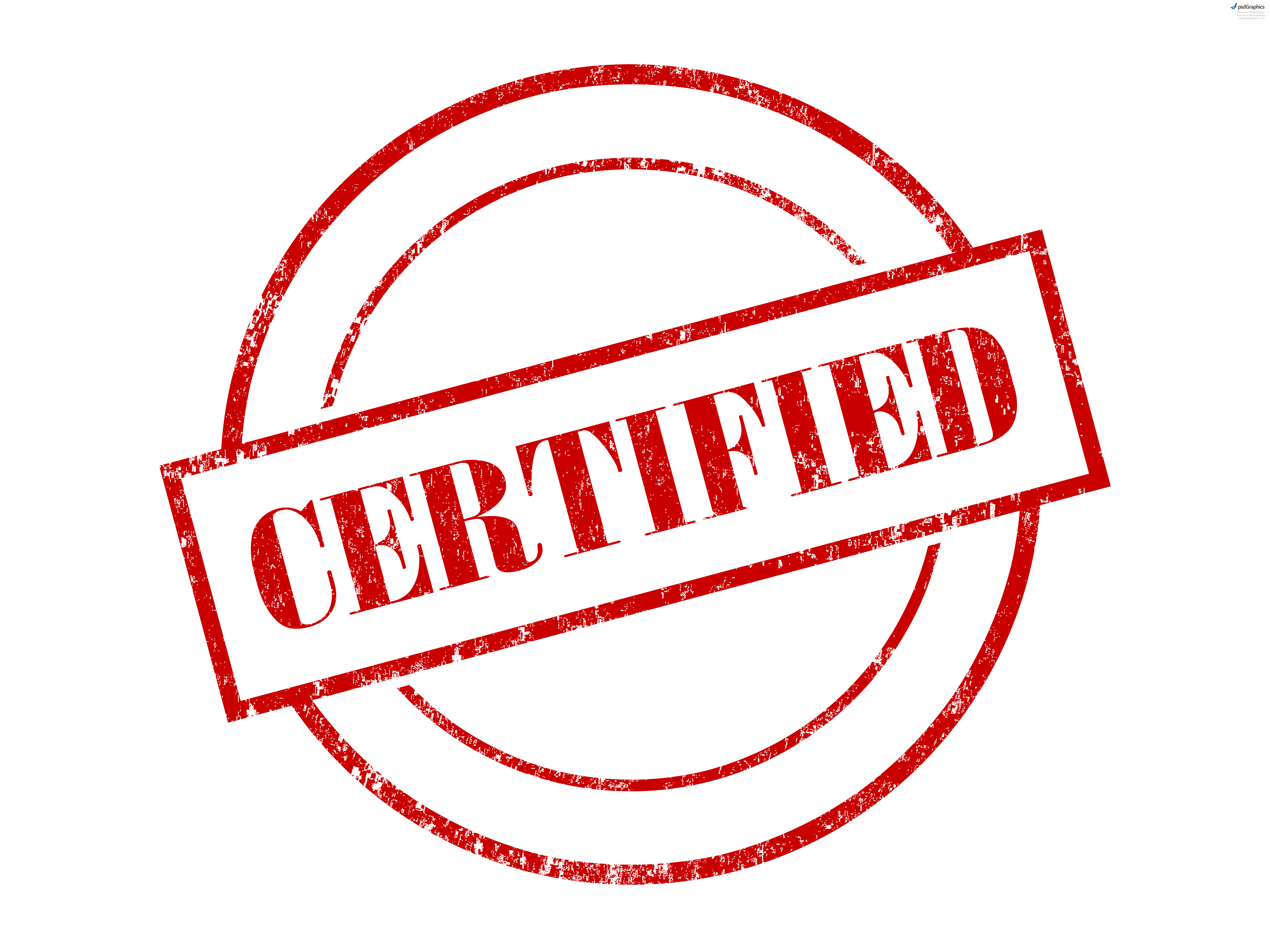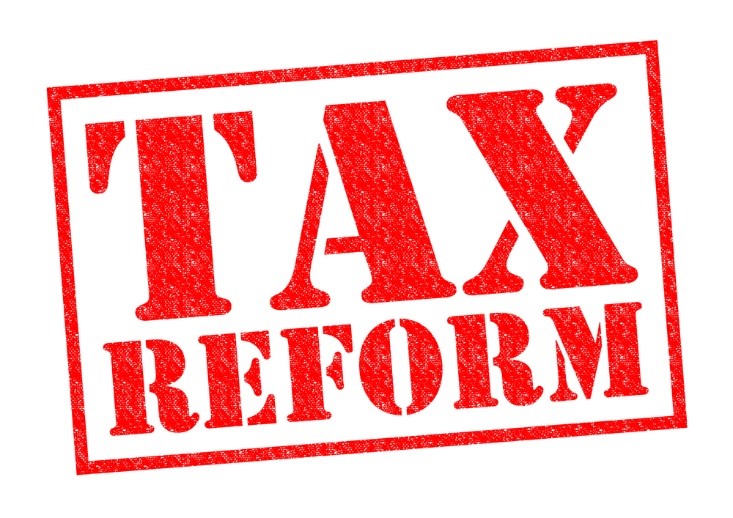Proper certification is the definition of a successful professional. Those who constantly work with people, like HR specialists, have to validate their skills and accomplishments with appropriate certification.
Owning a certificate is a significant advantage over other candidates on the job market. Find out what are the benefits of obtaining an HR certificate and what kind of certificate you should get.
Why is HR Certificate Important?
HR specialists wear plenty of hats at their workplace. They are responsible for employment screening, consulting with high-end executives, and their work often shapes the company's key policies. In addition, HRs often get higher level positions.
Such profound work cannot be conducted without certification. This is why top companies try to acquire only certified talents.
Why does HR Certificate Matter?
According to the HRCITM (Institute of Human Resources Certification), there are several key reasons to why one should have an HR certificate:
- Hirers often take such certificates into account.
- Certified HR workers have a better response from their staff and their work subjects (the company employees).
- The certificate gives an edge during the job applicants competition.
- Certified HRs are usually distinguished by their better motivation, knowledge, and expertise.
- Those HRs who own a certificate improve the company's image, thus making it more cost-effective.
Types of Certification for HRs and Their Utilization
The HR Certification Institute administration and the Human Resource Management Society claim the seven following certifications to be the most substantial in the field:
- PHR®: Professional in Human Resources
Job duties: implement programs and tactics, and provide logistical orientation.
Potential career direction: HR coordinator, payroll manager, benefits administrator.
Receive certificate via: Computer-based test.
- SPHR®: Senior Professional in Human Resources
Job duties: strategic planning and policy-making.
Potential career direction: HR director/consultant, or labor relations manager.
Receive certificate via: multiple-choice exam of a 175-questions.
- SHRM-CP: SHRM Certified Professional
Job duties: implementing policies and strategies, serving as a point of reference, delivering HR services, performing operational HR functions.
Potential career direction: senior HR consultant/director/manager.
Receive certificate via: a 130 questions exam.
- SHRM-SCP: SHRM Senior Certified Professional
Job duties: analyze, perform metrics, develop current organizational objectives.
Potential career direction: HR vice president, HR manager, manager of talent acquisition
Receive certificate via: a 150 questions exam.
- SPHRi®: Senior Professional in Human Resources — International
Job duties: develop strategies and policies, deliver HR services.
Potential career direction: HR generalist/ global manager.
Receive certificate via: 105 scored questions.
- PRHi®: Professional in Human Resources — International
Job duties: utilize core HR skills and knowledge, execute technical and operational HR principles.
Career choices: HR business partner/supervisor; performance and talent analyst.
Receive certificate via: a computer-based test of 170-questions.
- GPHR®: Global Professional in Human Resources
Job duties: globalization strategies, development of HR policies.
Potential career direction: global HR director/advisor.
Receive certificate via: computer-based test of 165 multiple-choice questions.
HR Certification Personal Benefits
According to the <a href="https://www.hrci.org/docs/default-source/web-files/humrroreporthrci-vocwhitepaper.pdf?sfvrsn=2">Value of Certification study by HRCI</a> responders claimed these are the key benefits of having an HR certificate:
- It empowers the resume.
- It promotes personal career satisfaction.
- It makes you stand out from other HR specialists.
- It boosts the chances of getting a job interview and advances job search.
- It encourages bigger professional development.
- It provides loyalty from colleagues and managers.
- It assists in validating one's credentials.
- It boosts the career ladder acceleration.
- It offers better career prospects at one's current job.
To sum it up, every HR specialist whose goal is to exceed his career plan and reach success has to receive a certificate and clear this barrier towards professional success.
Latest posts by Ann Mosley (see all)
- Why Should HR Professionals Become Certified? - August 19, 2018













